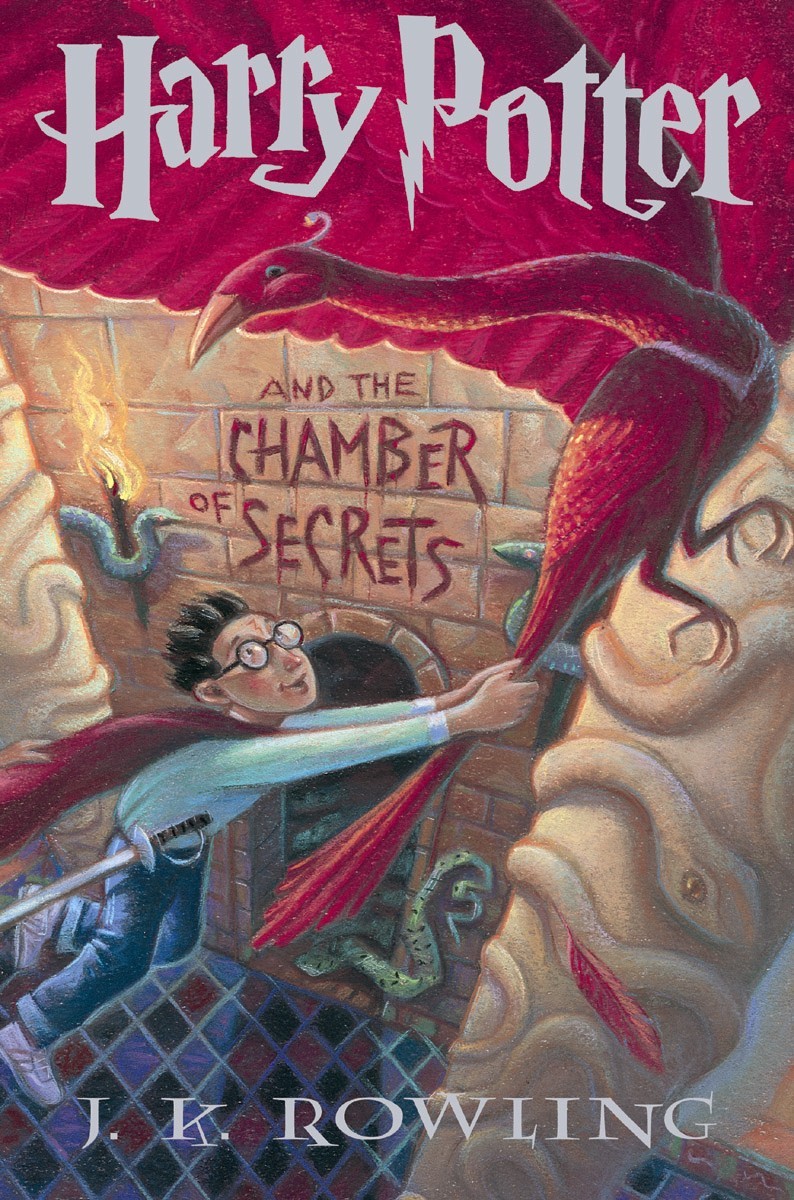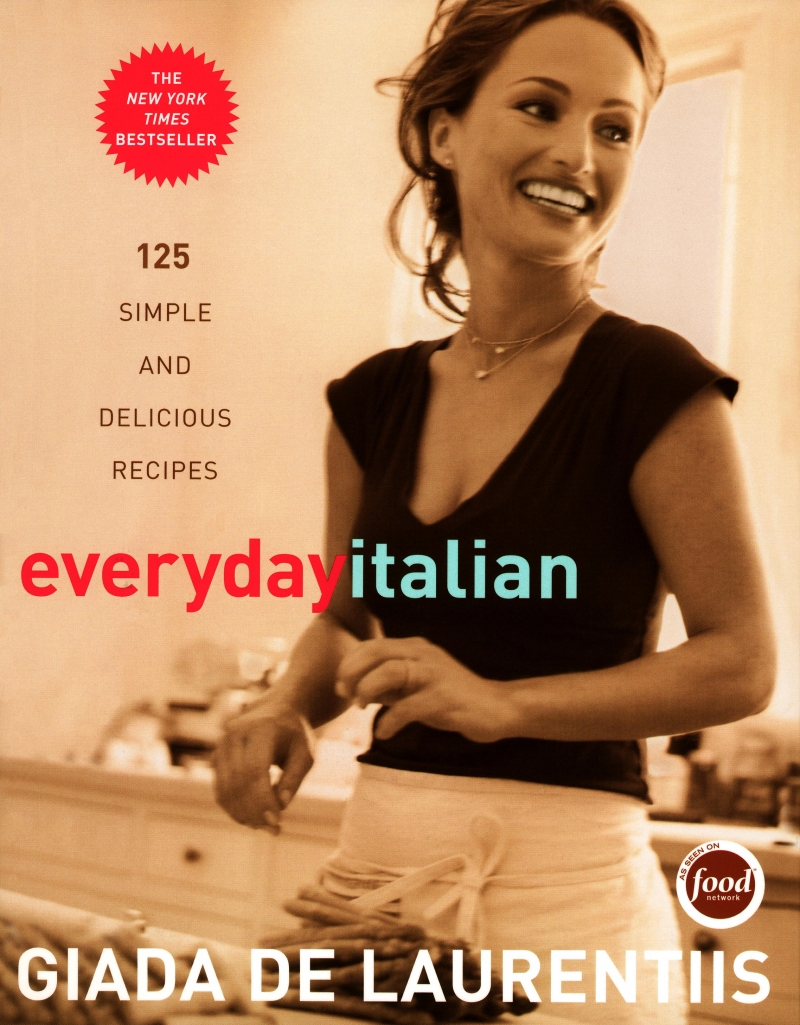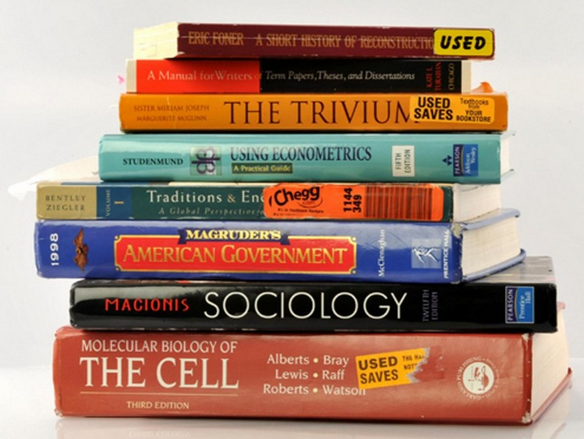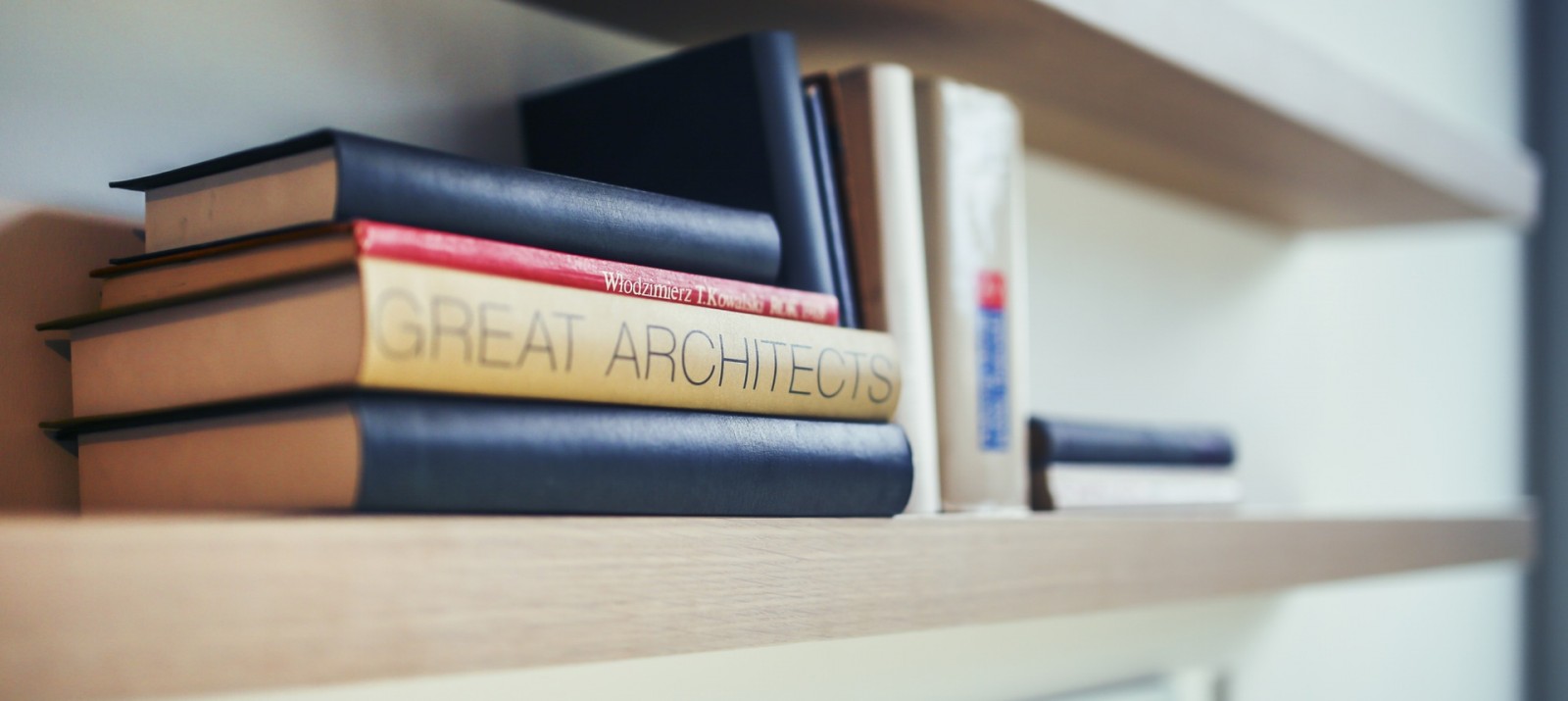No matter how digitally advanced the world gets, books are (or ought to be) a timeless part of our lives. Between iconic cover art and their sweet smell locked inside the enriching pages of generations, books are incredible. No electronic version can ever replicate the magic of a physical book. Which is why, as long as there’s Strand, you’ll swing by, picking up bargain books for 50 cents like the educated boss you are.
Your apartment, however, probably isn’t big enough to store all the books you’ve collected since childhood. Unless of course, you live in a penthouse that has a bookshelf with a secret revolving door to a secret room filled with towers of bookcases that’d make Belle from Beauty and the Beast jealous.
Until that happens, though, what are you supposed to do? Before you attempt these creative book storage hacks for small apartments, you have to decide what books to keep or get rid of. Because more important than the sanctity of your bookshelf is the sanctity of your space.
8 Amazing Bookshelf Clearance Tips
1. Start with a Full Clear-Out
Begin by taking everything off your bookshelf—yes, everything! Lay all your books, magazines, and décor on a large surface. This gives you a fresh perspective on what you own and helps you decide what should stay and what should go. Plus, it allows you to wipe down dusty shelves and start with a clean, refreshed space.
Learn more: How to Organize Books? 15 Ways to Organize Your Book Collection
2. Let go of any books in a series that you don’t read

We totally get the love for Harry Potter, Twilight, or Ender’s Game. But if your shelf’s feeling a little tight, it might be worth taking a second look at which ones you really connect with.
Maybe just keep your favorite from the series, the one that made you laugh, cry, or stay up all night reading. If Half-Blood Prince is your fave, let it shine! The others? You can always pass them along to someone else who’ll enjoy them just as much.
3. Recycle magazines that you haven’t opened within the past month

Ok, so magazines aren’t books, but surprisingly, they can still be tough to throw away. Especially if your celebrity crush is on the cover, the next thing you know, you’ve got five issues of US Weekly chilling like Leo in Waikiki before you can say, “Stars — They’re just like us!”
Take a few minutes to sort through your magazines and then recycle the ones you haven’t read within the past month. If you haven’t opened a certain magazine within that time frame, chances are you won’t open it next month either.
Learn more: How To Best Arrange Your Bookshelf
And if you really want to save the cover, you can always take a picture of it and save it on your phone. Or rip the page off, frame it, and hang it on your wall. Both of which take up zero space on your coffee table.
4. Choose contemporary over classics

Shakespeare. Hawthorne. They’ve sustained the English language throughout the centuries with their iconic tales of romance, love, and friendship.
All of them will always have a special place in your heart. And in your brain, because you can quote lines from their work with ease. Take a photo of your favorite quote, save it in your gallery, or print it out and hang it on your mirror wall. It would hardly take up any space.
5. Give cookbooks whose recipes you’ve mastered away

You’ve mastered all of Bobby Flay’s and Giada’s recipes. Awesome! But has your friend who eats the majority of his/her meals from a microwave or restaurant on Seamless?
Give those cookbooks to someone who needs them. Because when it comes to food, there’s nothing more satisfying than a delicious meal you cooked for yourself and your significant other.
What happens if you forget one of your favorite recipes?
There’s always the internet. That, and your phone in which you can save your recipes forever.
Learn more: 5 Best Ways to Add a Bookshelf Behind Your Bed
6. Recycle college textbooks or give them to a college student

Depending on where you live, any college and post-grad textbooks you paid for cost more than your rent. And if you don’t use those textbooks in your current profession, it’s time to recycle them, donate them, or, depending on what year you graduated, sell or give them to a student in need.
Besides, there are plenty of ways to relive your glory days as an undergrad. Like by turning your living room into a part-time Barcade.
7. Maximize Vertical Space
If you’re running out of room, don’t just think horizontally—go vertical!
- Stack books both horizontally and vertically to add variety.
- Use adjustable shelves to fit more books.
- Add bookends or small décor pieces to create sections and prevent books from toppling.
By using every inch of shelf space wisely, you can store more without making it look overcrowded.
8. Store your books, magazines, and comic books in Clutter
Ultimately, only you can decide what books to keep or get rid of. So, consider these tips as guidelines for helping you come to that conclusion.
At the same time, things aren’t always black or white. You might have trouble deciding which novels, magazines, and comic books should stay or go. And even then, you might get rid of a book in that gray area, only to regret it a week later.
For those books, and anything else that you love, but don’t necessarily need within arm’s reach right now, store them in Clutter.
Why Decluttering Books Can Be Challenging for Avid Readers

For book lovers, decluttering is not merely about tidying shelves—it is an emotional process tied to cherished memories and the hope of future learning. Each book symbolizes a specific period, a meaningful story, or the anticipation of discovering new knowledge. Parting with such books can feel like letting go of a part of oneself, making the process of downsizing particularly difficult.
Conversely, adopting minimalist bookshelf concepts can help create an intentional and well-organized space that continues to celebrate your love for reading.
Learn more: 5 Mental Health Benefits of Decluttering: Boost Your Well-Being with a Tidy Space
Analysis of Your Book Collection (How to Categorize)
When you start to declutter books, group them by genre, author, or purpose—for example, fiction, non-fiction, or educational. This makes it easier to determine which books align with your current reading goals and lifestyle. Categorization also points out duplicates or books that no longer contribute to your life. This approach also helps you visualize a curated and manageable book collection. This is the all-important first step to identifying what to keep and how to downsize books effectively.
Deciding What to Keep and What to Let Go

Clear prioritizing will form the basis of choosing how to organize your book collection effectively. Keep the ones you love or continually re-read. Remove duplicates, outdated textbooks, and titles that have remained untouched for an extended period. Ask yourself, “Does this book bring value or serve a meaningful purpose?” By focusing on the quality of the collection rather than its quantity, you can transform your bookshelf into an intentional, well-organized space that genuinely reflects your personal interests.
Learn more: 9 Creative Ways to Store Books in Small Spaces
What Do You Do with Unwanted Books?
Once you have decided which books to part with, consider thoughtful ways to ensure they are reused or appreciated by others. Donate to local libraries, schools, or charities that could benefit from them. Sell valuable books online or at second-hand stores. Consider gifting to friends or organizing a book swap. If they’re damaged or outdated, recycle responsibly. Reducing your book collection does not equate to waste; rather, it provides an opportunity for these books to be valued by someone new.
How to Maintain a Clutter-Free Collection

A clutter-free collection requires constant attention and discipline. Periodically review your books to ensure they align with your minimalist book collection goals. Minimize impulse purchases by utilizing library resources or opting for digital formats whenever feasible. Use the “one in, one out” rule to prevent overcrowding. Maintaining an intentional and organized bookshelf reinforces the pleasure of owning a curated collection and simplifies ongoing management.
Need Extra Space? Discover Our Flexible Storage Solutions!
Conclusion
Decluttering for book lovers does not have to mean sacrificing your passion for reading. By adopting minimalist bookshelf strategies and practical decluttering techniques, you can create a thoughtful and organized collection that reflects your passion for literature. With consistent organization and maintenance, your bookshelf can remain an inspiring and enjoyable space for years to come.
Learn more: Decluttering: Minimalist Habits To Cultivate
FAQs for How To Declutter Books
1. How many books should a minimalist keep in their collection?
There’s no specific number of books to own for a minimalist lifestyle—it varies from person to person. The key is to curate a collection that aligns with your values and space. Keep the books you truly love, reference often, or find meaningful, and let go of those that no longer serve you.
2. What should I do with books that hold sentimental value but I no longer read?
For books with sentimental value, consider taking a photo of the book or jotting down the memories associated with it. You can also repurpose them as decorative items, donate them to a meaningful cause, or pass them on to loved ones who might enjoy them while keeping the memory intact.
3. How can I let go of books without feeling guilty?
To declutter books guilt-free, remind yourself that letting them go doesn’t diminish their importance. Donating them to libraries, schools, or charities ensures they find a new life with someone who will cherish them. Think of it as giving the books a chance to inspire someone else.
4. What are some sustainable ways to get rid of books I no longer need?
Eco-friendly options include donating books to libraries, local charities, or second-hand stores. You can recycle old or damaged books through your local recycling program or find creative ways to upcycle them, such as turning them into art projects or DIY home decor.
5. How can I prevent my book collection from becoming overwhelming again?
To avoid accumulating too many books, set clear boundaries for new purchases. Adopt a one-in, one-out rule—if you buy a new book, donate or give away one from your current collection. Consider using e-books or audiobooks for titles you’d like to read without adding to physical clutter. Apps to track your library digitally can also help you stay mindful of your collection.








